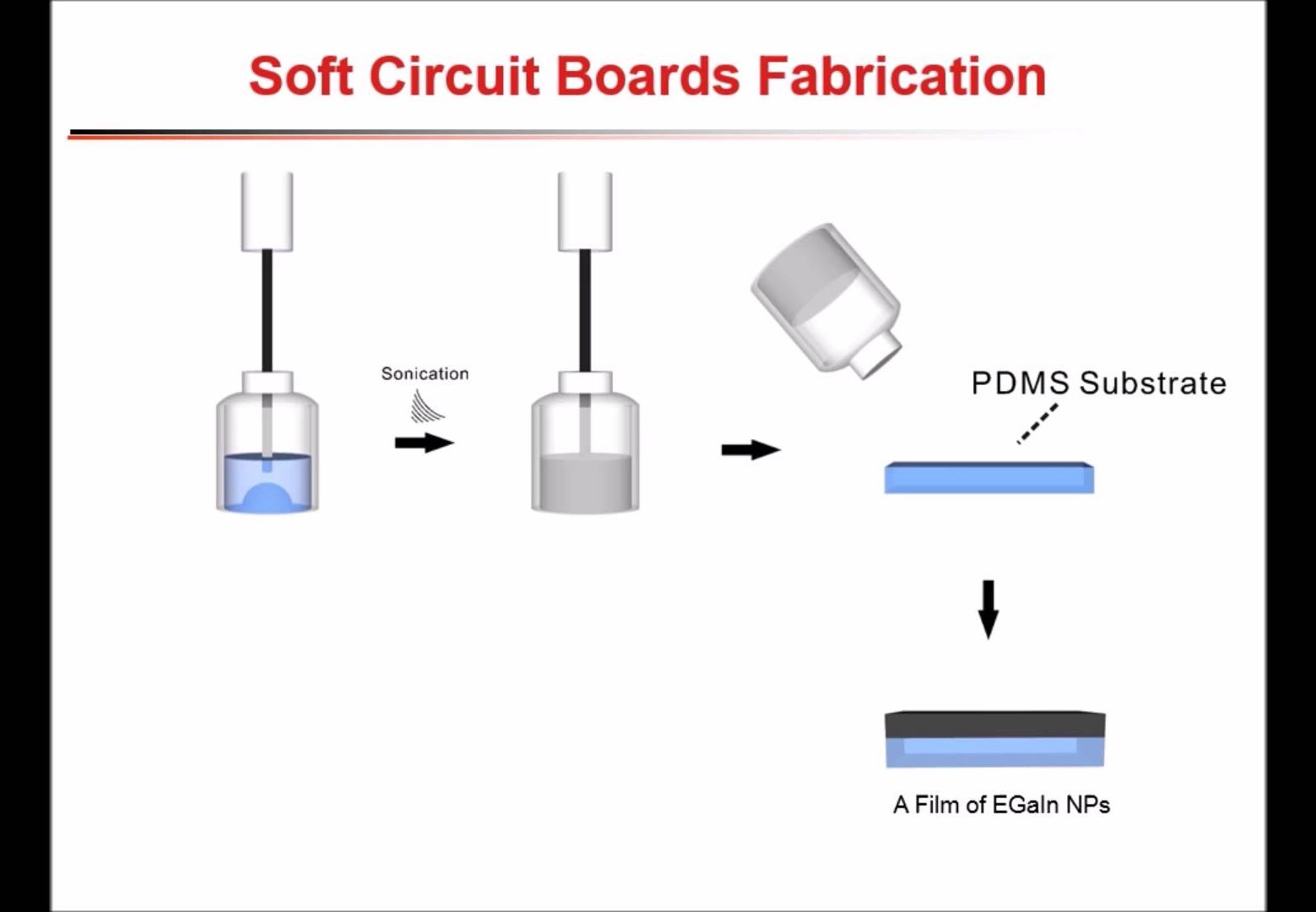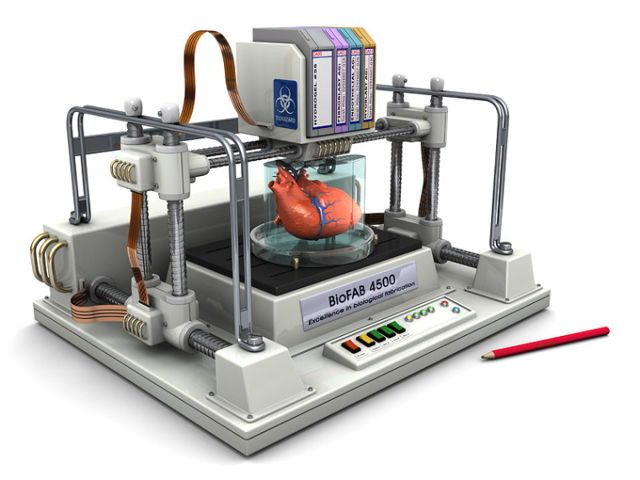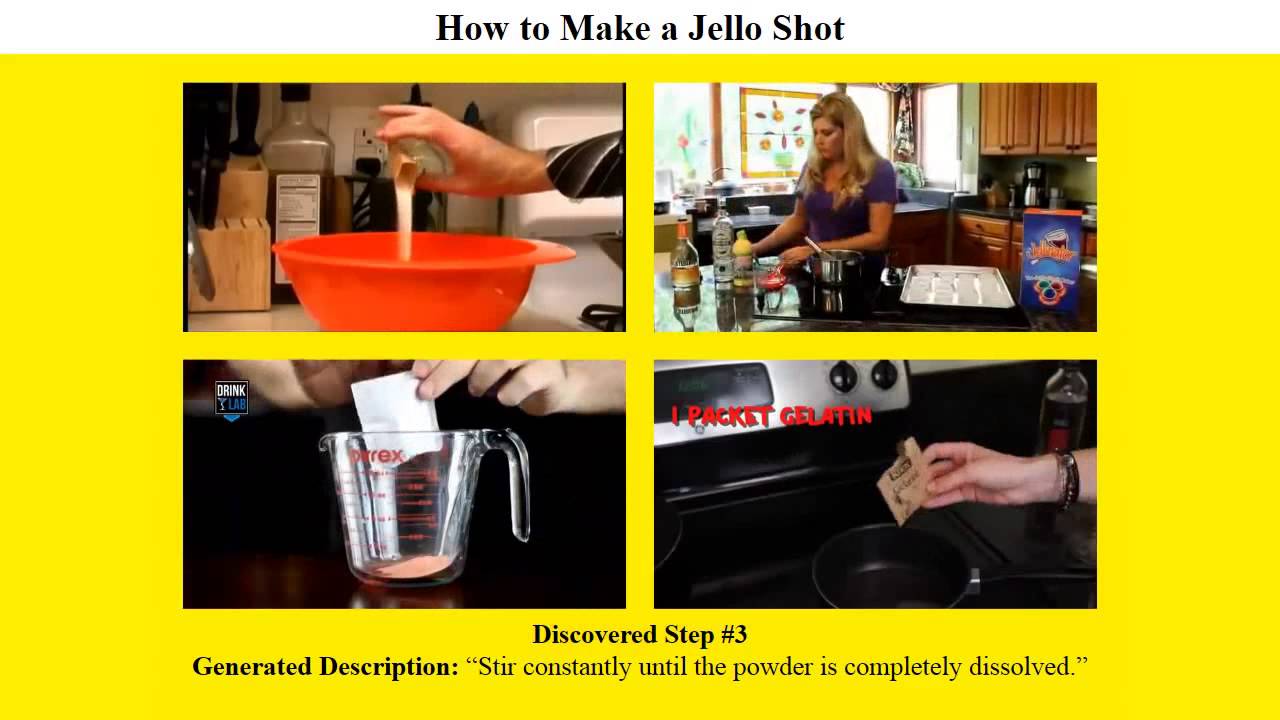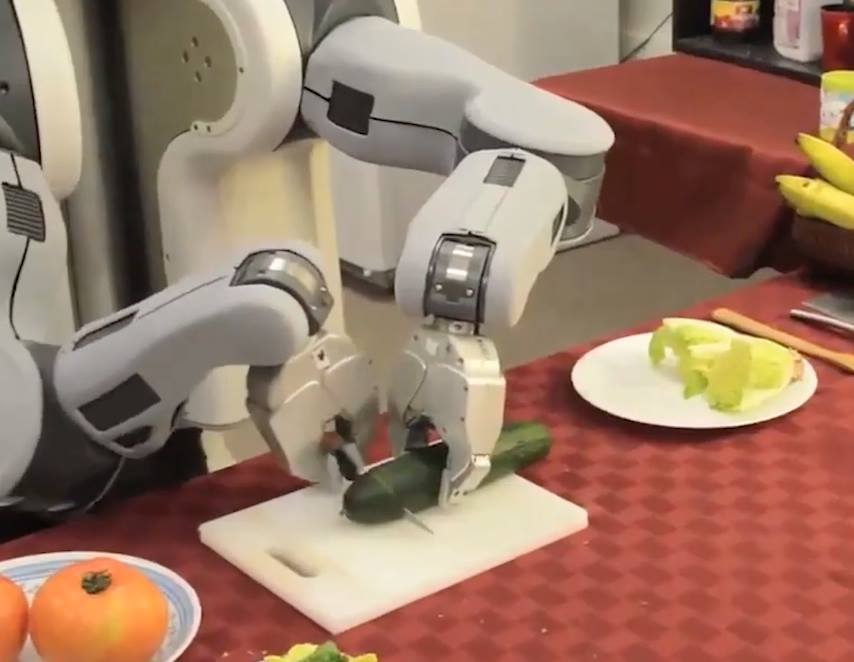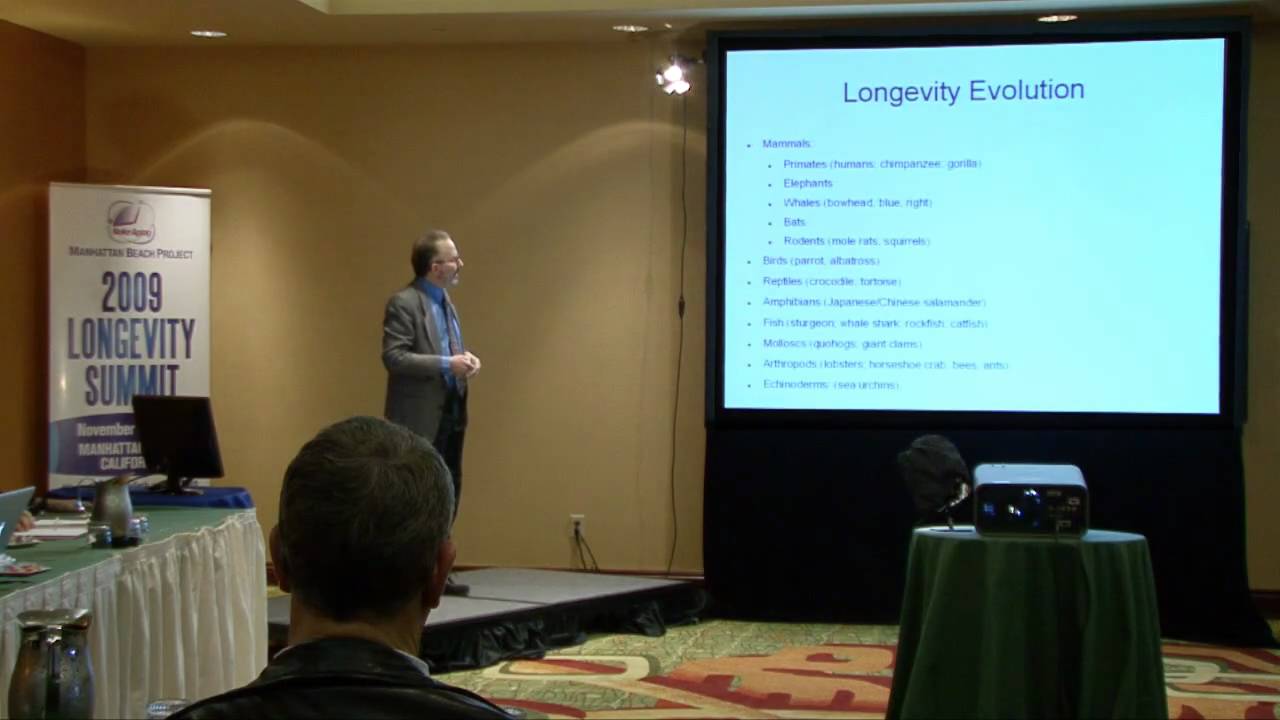Dec 27, 2015
Could Time Travel Soon Become a Reality? Physicists Simulate Sending Quantum light Particles into the Past
Posted by Matthew White in categories: evolution, particle physics, quantum physics, time travel
If a time traveler went back in time and stopped their own grandparents from meeting, would they prevent their own birth?
That’s the crux of an infamous theory known as the ‘grandfather paradox’, which is often said to mean time travel is impossible — but some researchers think otherwise. A group of scientists have simulated how time-travelling photons might behave, suggesting that, at the quantum level, the grandfather paradox could be resolved.
The research was carried out by a team of researchers at the University of Queensland in Australia and their results are published in the journal Nature Communications. The study used photons — single particles of light — to simulate quantum particles travelling back through time. By studying their behavior, the scientists revealed possible bizarre aspects of modern physics.



